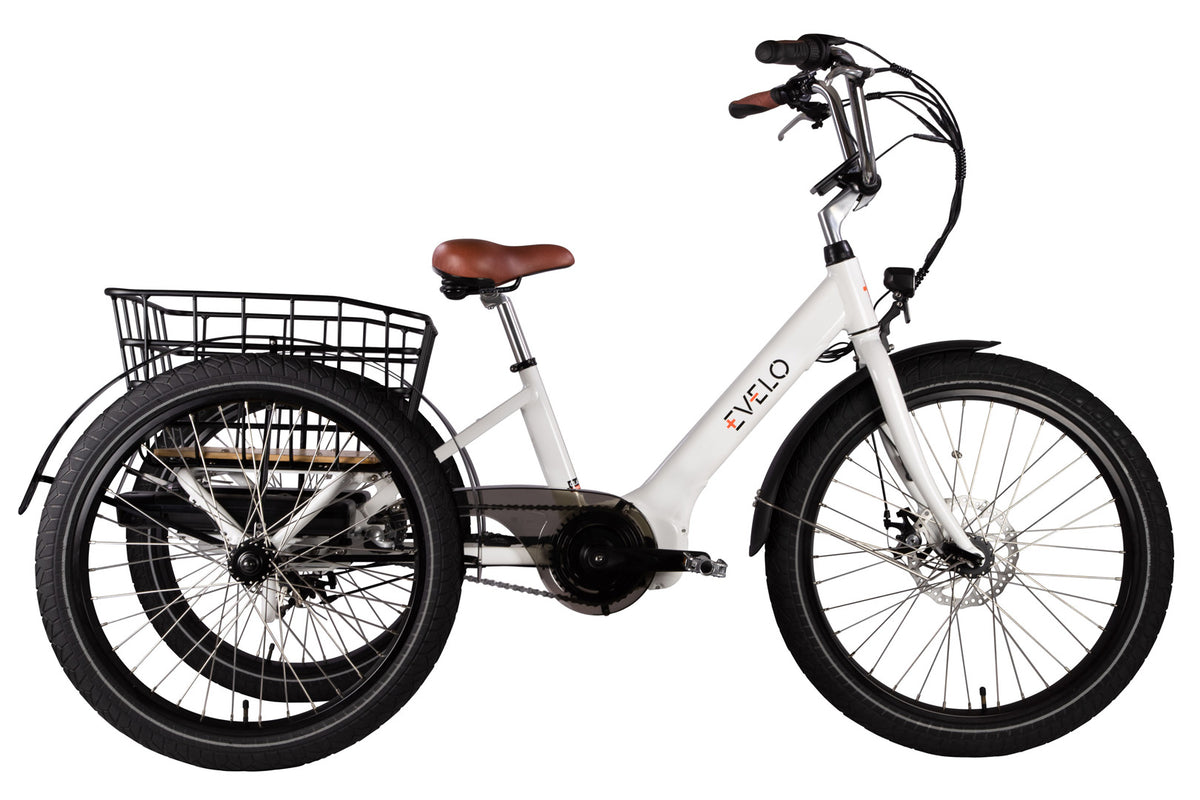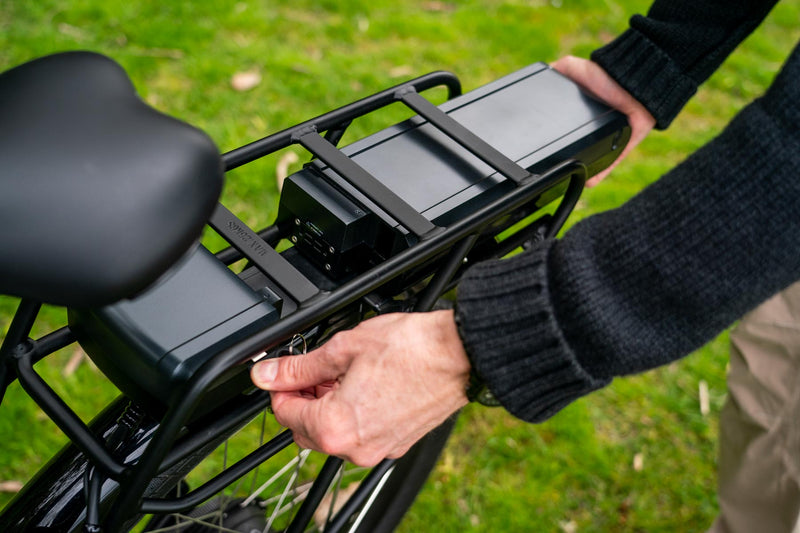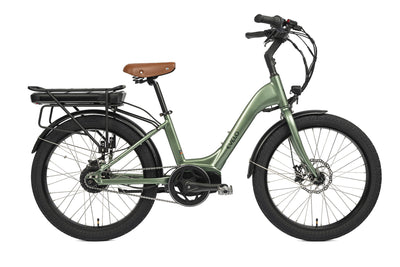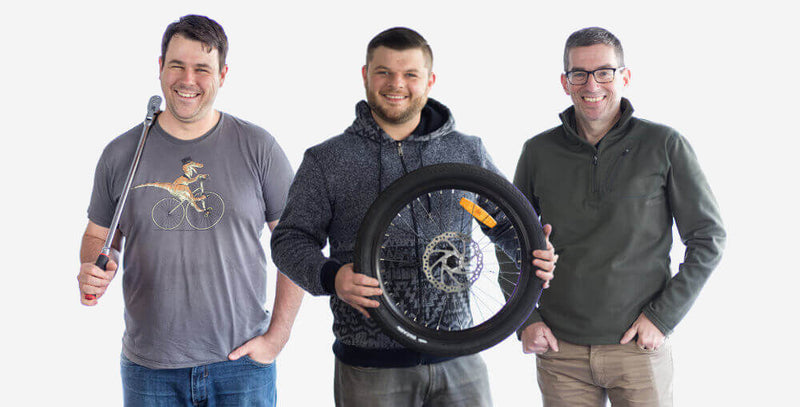Riding an electric bike helped adults with type-2 diabetes improve aerobic conditioning and lower cardiometabolic risk factors, according to a recent study.
Researchers at the University of Bristol in the United Kingdom monitored the impact riding an electric bike had on participants with type-2 diabetes. The study’s 18 subjects rode their electric bikes an average of 13 miles per week for 20 weeks.
The subjects enjoyed a 10.9 percent increase in predicted maximal aerobic power over the course of the study. And participants reached 74.7 percent of their maximum heart rate while riding an electric bike compared to 64.3 percent when walking.
Riding an electric bike is not as vigorous an exercise as riding a conventional bike or, perhaps, even running long distances, but the activity provides a better workout than simply walking. And, as this study concluded, riding an electric bike may be enough to help reduce the risks associated with type-2 diabetes, perhaps, even playing a role in remission associated with weight loss.
Type-2 Diabetes
In the United States, more than 30 million adults have diabetes, according to the Centers for Disease Control and Prevention (CDC). Some 90-to-95 percent of those cases take the form of type-2 diabetes.

Your body uses the hormone, insulin, to help convert glucose (sugar) into energy in your cells. With type-2 diabetes the cells resist insulin’s impact, causing the pancreas to try and produce more and more insulin to compensate. But the pancreas just cannot keep up and the body’s blood sugar levels grow dangerously high.
High blood sugar can cause heart disease, stroke, kidney disease, and vision loss.
Major risk factors for type-2 diabetes include being overweight or obese and not exercising at least three times per week. In part, this is why the University of Bristol researchers believe that electric bikes may help.
“Lifestyle change, including weight loss, improves [high blood sugar] concentration and other cardiovascular risk factors in people with type-2 diabetes, and can achieve remission to a non-diabetic state, with remission closely related to the degree of weight loss,” wrote the University of Bristol researchers.
“As well as weight loss, increasing physical activity is a target of such interventions, but success in changing activity behavior is often limited and any changes are rarely maintained at initial levels. Physical activity has independent benefits for health and is important in the maintenance of weight loss; there is a need, therefore, to develop acceptable and sustainable physical activity interventions for people with type 2 diabetes,” the researchers continued. “This is challenging, however, because this population is less active than those without diabetes and responds poorly to advise to increase physical activity.”
Electric Bikes are Fun to Ride and Encourage Exercise
Even when a person knows that he or she should get more exercise, it can be very difficult to get started. Exercise may not feel good. And exercise can be a little scary. There can be anxiety associated with getting started on a bike ride, for example, and not feeling certain that you have the energy to climb the next hill or even pedal back to the house.
“Electric bicycles provide graded assistance to the rider, helping to overcome such barriers, and are increasingly popular, particularly amongst middle-aged to older adults,” the University of Bristol researchers wrote.
“Electric bikes can be especially empowering for those who would like to exercise more, but who have a health condition that limits the amount of physical activity they can perform. By controlling the amount of assistance they receive from the motor, ebike riders can tailor the difficulty level of their rides to meet their unique health and fitness needs. This can be especially helpful to those with joint pain, exercise-induced asthma, heart or lung problems, or who are overweight,” wrote Boris and Yevgeniy Mordkovich in “The Complete Electric Bike Buyer’s Guide.”
Perhaps as evidence of just how empowering an electric bike can be, the University of Bristol study also reported that 14 and 18 participants purchased their own electric bike after the 20-week study so they could keep riding. After all, riding an electric bike is fun.







 Easy Assembly
Easy Assembly
 Service and Repairs
Service and Repairs
 Ebike Articles & Content
Ebike Articles & Content










